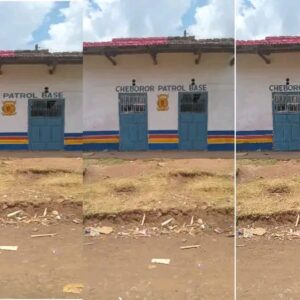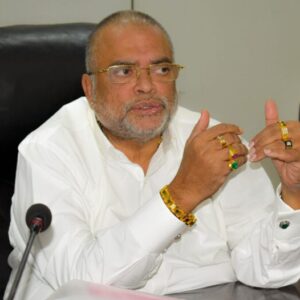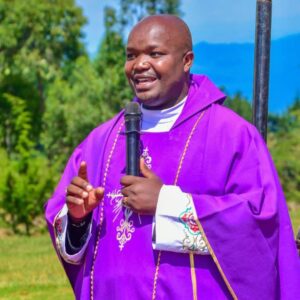The High Court in Eldoret has issued a conservatory order suspending the NHIF Pending Medical Claims Verification Committee, citing concerns over its constitutional legitimacy.
Justice Reuben Nyakundi, delivering the ruling on Tuesday, restrained the committee—formed via Gazette Notice No. 4069 dated March 28, 2025—from compiling reports, making recommendations, or performing any duties outlined in the notice. The court also barred Health Cabinet Secretary Adan Duale, the Principal Secretary, and the Attorney General from supporting the committee’s operations pending further judicial review.
Legal Challenge Filed by Medical Professionals
The petition was filed by Dr. Benjamin Magare Gikenyi, a Nakuru-based surgeon, alongside three other petitioners. They argue that the formation of the committee by the Health CS was unconstitutional, claiming it bypasses the constitutional mandate granted solely to the Auditor-General.
According to the petitioners, the committee’s role in auditing NHIF claims from July 2022 to September 2024 infringes on Article 229(4)(g) of the Constitution, which reserves such responsibilities for the Auditor-General.
“Any lawful audit of NHIF must be initiated through a formal request to the Auditor-General, as outlined in Article 254(2) of the Constitution and Section 37 of the Public Audit Act,” the petition states.
Court Grants Interim Protection Pending Full Hearing
Justice Nyakundi emphasized that the conservatory orders serve as a temporary measure to prevent possible constitutional violations, noting the risk that the committee could complete its audit and submit findings before the matter is fully heard and determined.
The case is set for mention on June 2, 2025.
Committee’s Controversial Mandate
The now-suspended NHIF Pending Medical Claims Verification Committee was tasked with:
- Scrutinizing pending claims worth over KSh 33 billion
- Identifying fraudulent or irregular submissions
- Recommending policy reforms to avoid future claim backlogs
The petition casts serious doubt on whether such a mandate can be executed by an entity not legally established under constitutional provisions.














